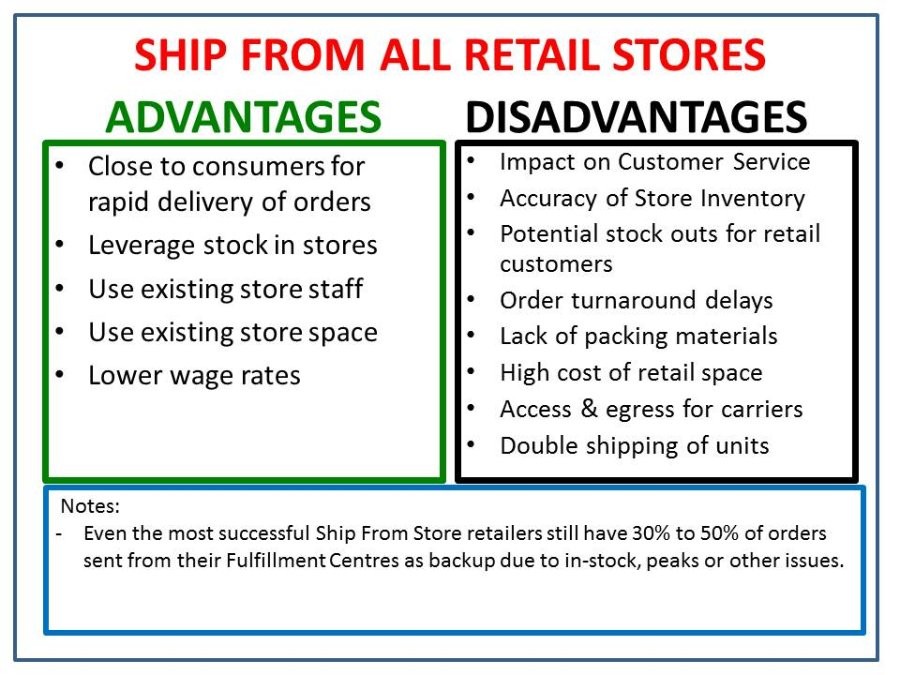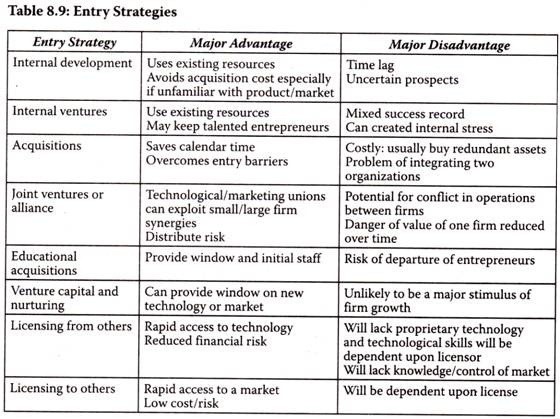Advantages and Disadvantages of Diversification
Post on: 2 Июнь, 2015 No Comment

Advantages and Disadvantages of Diversification
Let’s start with the bad news. Investment diversification guarantees (guarantees!) that you won’t achieve the greatest return on investment possible. It’s extremely unlikely that all of your different investments across various asset classes will all skyrocket. At least one of them is going to do worse than the rest, so get used to it.
When the stock market is really doing well (known as a bull market ), investment diversification can appear overly conservative to some investors. After all, why put money in low-interest bonds and money market accounts when the market is so hot?
Another argument against diversification is that it isn’t even an effective way to secure your money against a true financial collapse. Thanks to the recent global financial crisis, nearly all of the 69 mutual funds tracked by Morningstar were down in 2008 [source: Updegrave ]. From early 2008 to early 2009, both large and small-cap stocks have lost 38 percent of their value and international stocks have lost more than half of their value [source: Bernstein ].
So if investment diversification holds you back during bull markets and leaves you unprotected during bear markets, then what’s the point?
The point is that investment diversification provides a cushion. You may not fully cash in during the fat years, but you won’t go broke during the lean years. For example, an investor who had 100 percent of his portfolio in stocks in 2008 would have lost 40 percent of his holdings. If that same portfolio were diversified into 60 percent stocks, 30 percent bonds and 10 percent cash, it would only have lost 20 percent of its value [source: Updegrave ]. That’s a big difference.

Also, investment diversification isn’t about the short-term ups and downs of specific financial markets. It’s about the long-term performance of a broad variety of assets. Throughout all of the economic peaks and valleys of a lifetime, diversification still wins.
William J. Bernstein made an interesting point in a March 2009 Money Magazine article. If you could go back in time to 1998 knowing what you know now, that the U.S. financial markets would suffer two serious recessions in the next decade, you might be tempted to put all of your money in ultra-secure Treasury Bills. Incredibly, a well-diversified stock portfolio would still outperform T-Bills over that same woeful decade [source: Bernstein ].
Spend some time with the links on the next page for more about personal finance and investing.














